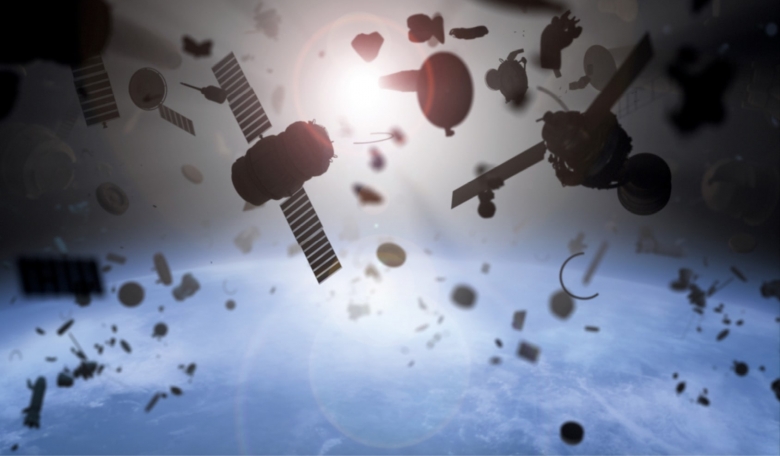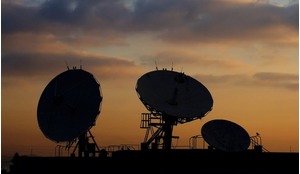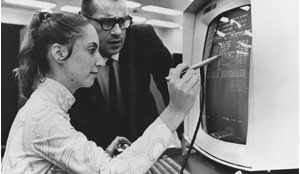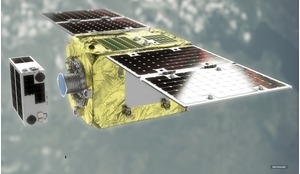More than 60 years after the first Earth orbiting satellite, Sputnik, orbital debris is recognised as a rapidly escalating problem but moves to address the issue remain in relative infancy. Five years ago IT entrepreneur Nobu Okada decided to address the challenge by forming a company focused on the issue of space debris removal. Here, he describes his ideas and a business plan that he hopes will protect and support the sustainability of our orbital assets for future generations.
The first artificial satellite, Sputnik-1, was launched in 1957, setting humankind on a course that would lead to a deep reliance on satellite data and technology. Now, 60 years and over 8,000 satellite launches later, satellites are part of our critical international infrastructure and intrinsic to everyday life on Earth.
Each day billions of people around the world rely on data from satellites to go about their lives. We exchange messages, talk to family and friends, check the weather, manage finances and undertake numerous other tasks. In addition, satellites are used to manage and mitigate natural disasters, monitor the Earth’s climate and well-being and provide information for national security. In short, without satellite data, the lives of people around the world would be dramatically different.
Unfortunately, just as humans have polluted the oceans, air and land, we have left a tangible and potentially dangerous mark in Earth orbit - leaving defunct satellites and spent rockets in space that threaten both current and future missions. The problem is we don’t ‘see’ these satellites and the millions of pieces of debris in orbit, so it feels as if that environment is disconnected from daily life.














